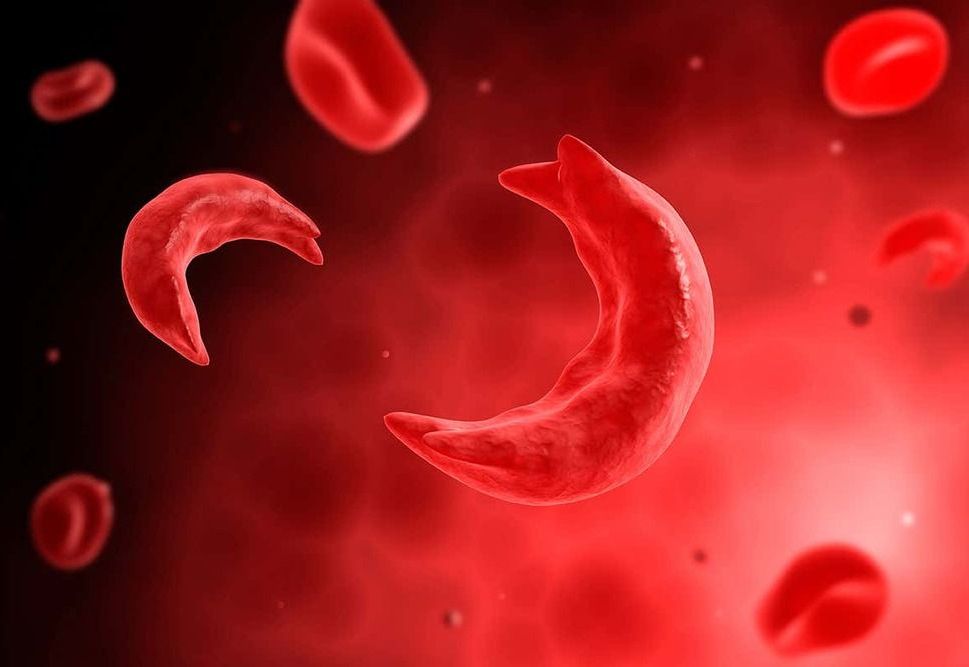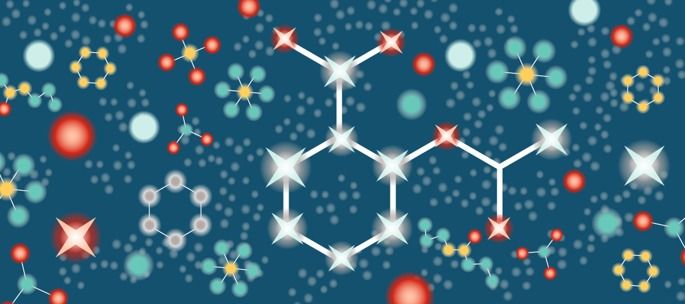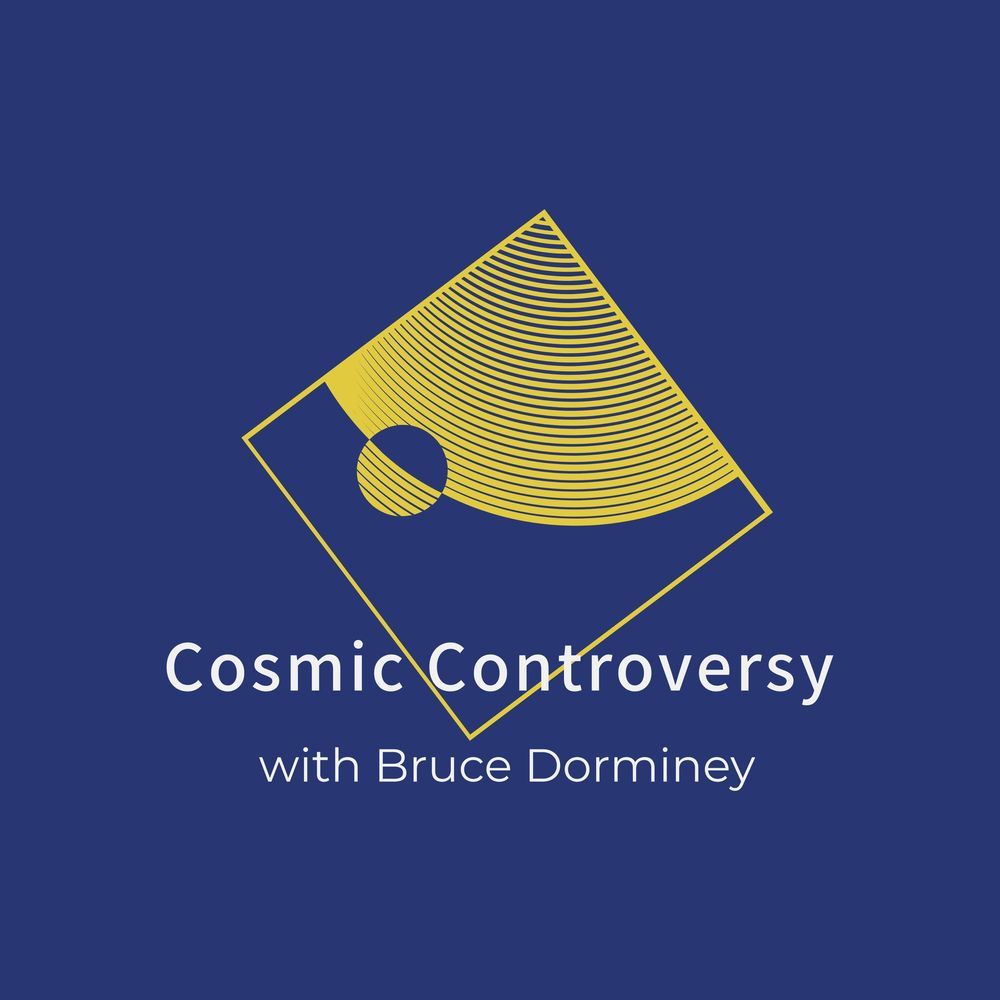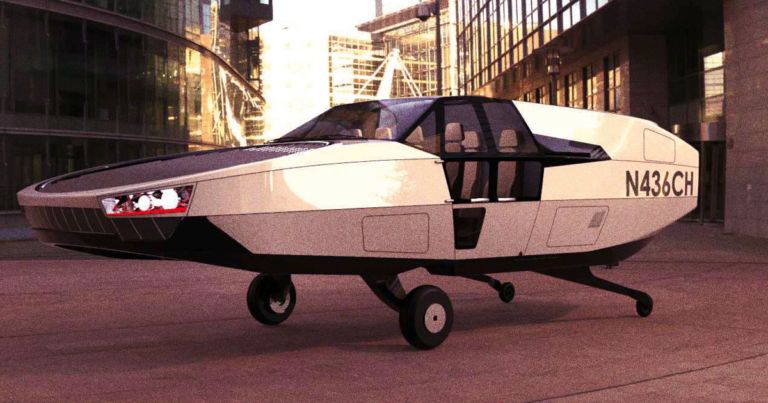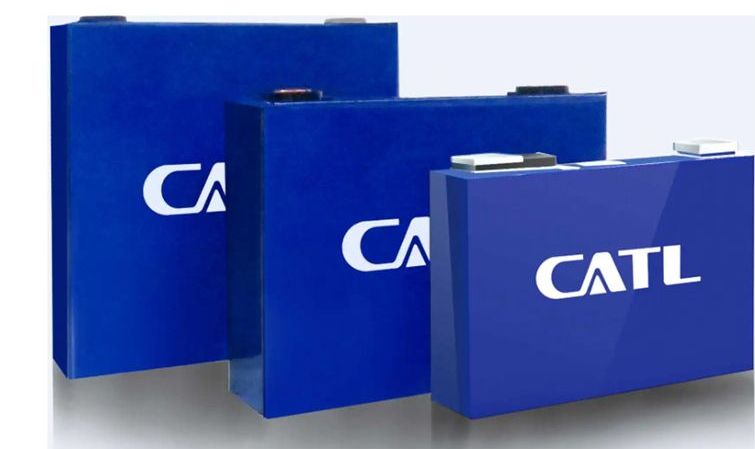
Chinese company, Contemporary Amperex Technology Co. Ltd. (CATL), this week announced a new battery technology that could revolutionise the electric vehicle market.
Established in 2011 and headquartered in Ningde, eastern China, CATL employs more than 24,000 people and has grown to become the world’s largest maker of lithium batteries. Amid surging demand for electric vehicles, its revenue soared by 54% last year. China, as a whole, installed 62.2 GWh of battery storage capacity last year, according to the China Automotive Battery Industry Innovation Alliance, of which CATL supplied 31.5 GWh for a market share of nearly 51%.
In addition to domestic sales, CATL supplies a wide range of carmakers internationally – including Tesla, BMW, Toyota, Honda, and Volkswagen. While sales have slumped more recently, due to the COVID-19 pandemic, CATL and its clients are expecting demand to return in 2021.

